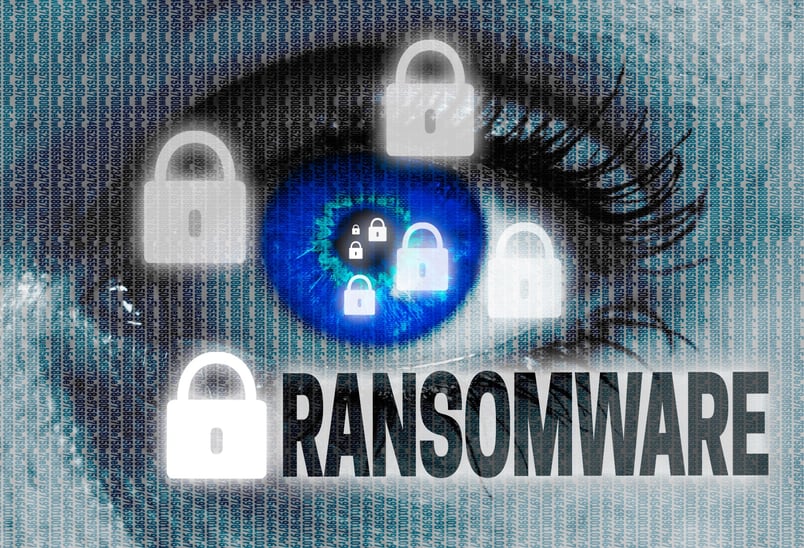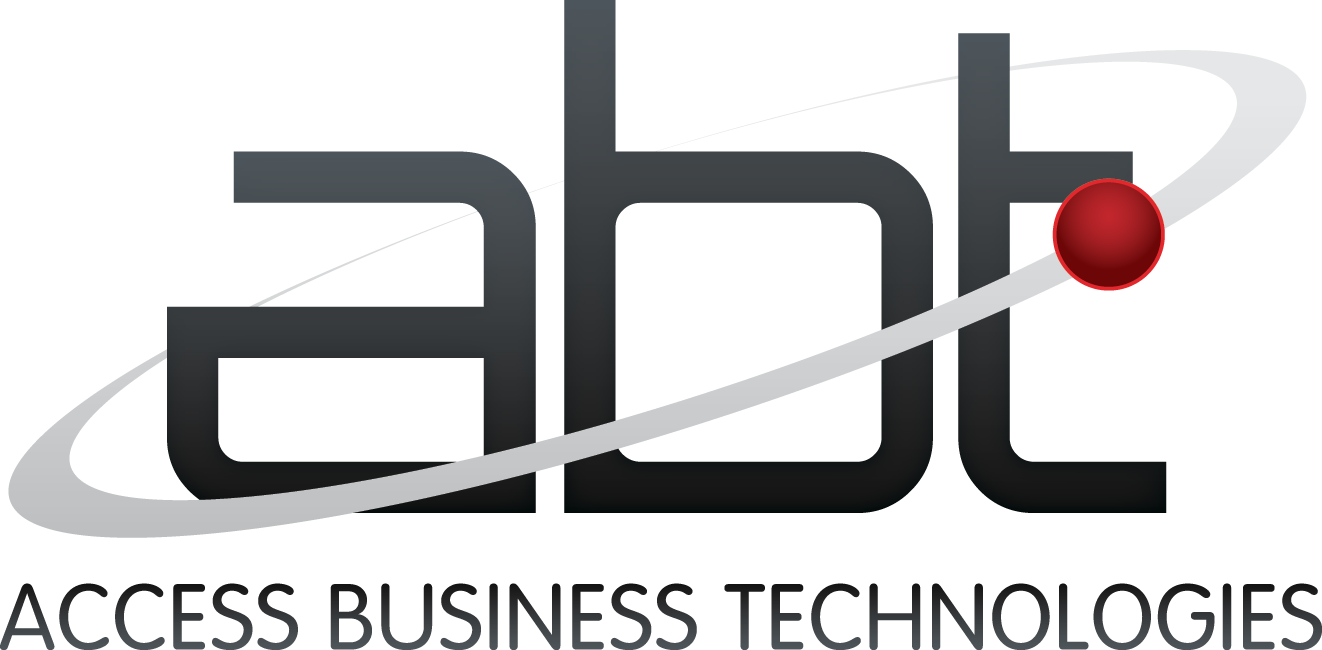
The scourge of ransomware is a growing threat to both individuals and companies around the world. This malicious type of software (or "malware") is perhaps one of the most damaging and pernicious around, and it poses a particular threat to mortgage companies and credit unions.
What is Ransomware?
Ransomware is a type of malware that, once unknowingly installed on a computer or device, restricts the user’s access to the infected system until they pay a ransom to the hackers to remove it. Because the data being held ransom is often of great importance and there is very little law enforcement or even trained IT personnel can do once the ransomware has been installed, many simply victims choose to pay it.
How are Ransomware Attacks Made?
Ransomware often infiltrates a system, not through an obvious corporate blunder, but through regular human mistake. Usually, the ransomware arrives in an email with a fake link, called a "Trojan" because it masks its true intentions to attack your system. The Trojan link may look like an innocent connection to an interesting news article or important data. The email may even appear to be from law enforcement or a government agency, tricking users by claiming they’re being audited or they’ve engaged in a crime, such as pornography or media piracy.
In reality, these trojan links contain the instructions to download and install ransomware onto the computer. Once the user clicks the link, it connects with the hidden server and the malware is automatically downloaded onto the computer. After the software is downloaded, the computer is completely frozen, except for a few basic operations like the mouse and the keyboard. The software works typically by setting the Windows Shell to itself or even modifying the master boot record.
Once infected, all of the files are hidden and the main programs won't run. The computer is essentially useless. The next step is where the term ransom truly comes from, because a screen pops up threatening to destroy or expose all of the files unless a payment (usually in bitcoin, a wire transfer, or Western Union payment) is made within a certain period of time.
How to Protect Your Mortgage Business Against Ransomware?
Because ransomware has proven frighteningly effective, hackers around the world, especially from Russia, are perpetrating this crime more now than ever before. This means it is becoming increasingly imperative that mortgage companies protect themselves from these threats.
Access Business Technologies (ABT) is a leading provider of security software, specifically tailored toward the mortgage industry. Our focus on this industry gives us special insight into the needs and issues that financial firms have. We are especially aware of the ransomware risks mortgage companies face and have created active defenses against them.
For that reason, ABT has created DeviceGuardian™. This innovative tool is easily installed on any existing or new devices, in order to protect your entire organization from increasingly pervasive security threats. DeviceGuardian™ allows ABT to securely manage all of your mortgage software, data, and users, without driving up operating expenses. At the same time, it improves efficiency by reducing the need for administrators to keep such a watchful eye over every device in your network.
The system proactively monitors all of the emails, documents, and messages entering your system for malicious links or software. If one is spotted, it automatically alerts the user. Software that are known ransomware are also blocked from downloading onto the network. In addition, DeviceGuardian™ ensures that all devices in your network are compliant with Consumer Financial Protection Bureau (CFPB) regulations, so you are covered in the occurrence of an audit.
For more information, please contact us. Our expert consultants will discuss your specific needs and recommend the best and most comprehensive security solutions for your mortgage firm. Don’t let you or your mortgage brokers fall victim to a ransomware attack. Protect yourself today.
-1.png?width=142&name=ABT-Logo_2016%20(transparent)-1.png)










